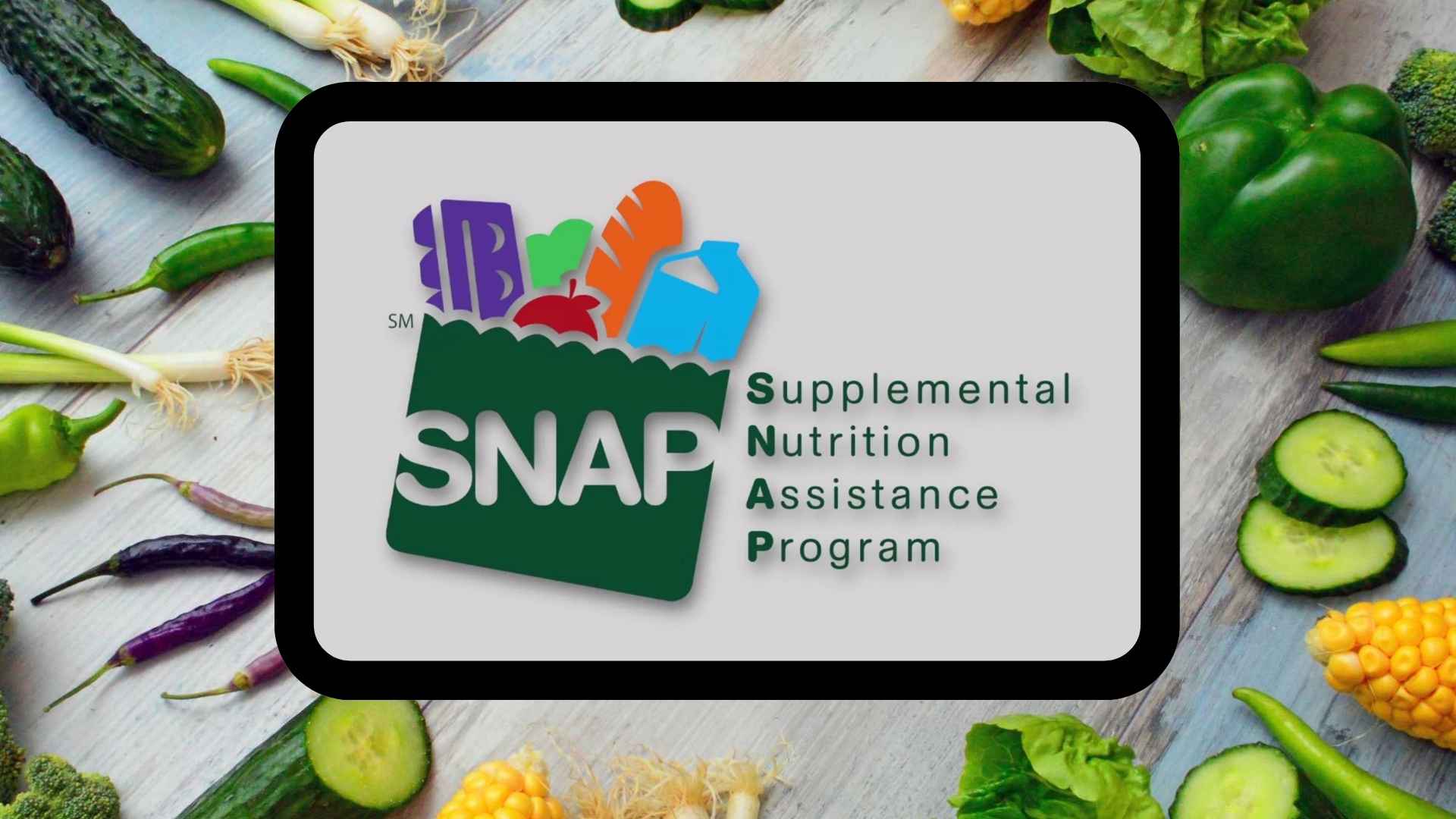Ensuring that no one goes hungry in the United States is the cornerstone of the Supplemental Nutrition Assistance Program (SNAP). At the same time, the program aims to promote responsibility and workforce participation. This balance between support and work-related obligations can sometimes create confusion—especially around who is exempt from these requirements.
If you are worried about meeting SNAP’s work rules, you are not alone. Understanding the exemptions is essential for maintaining benefits without interruption. Let’s take a look at the main points you need to know.
First, who must meet general SNAP requirements?
Low-income households and unemployed individuals can typically apply for SNAP. However, adults aged 16 to 59 who can work must register for employment, accept suitable job offers, and avoid quitting or reducing work hours without valid reasons. Those who fail to comply risk disqualification for at least one month, with longer penalties for repeat offenses.
Essential details about SNAP’s general work requirements and who is exempt
Several groups do not have to fulfill these general rules. Recipients are exempt if they:
• Work at least 30 hours weekly or earn an equivalent wage.
• Meet the work conditions of programs like TANF or unemployment benefits.
• Care for a child under six or a person with a disability.
• Have a physical or mental condition that prevents consistent work.
• Regularly attend alcohol or drug treatment.
• Attend school at least half-time (though college students have separate guidelines).
Would you like to see if you or someone you know falls into one of these categories? Check carefully, because claiming an exemption can save you the headache of disqualification.
Understanding the recent changes for able-bodied adults without dependents under SNAP
Able-bodied adults without dependents (ABAWDs) between 18 and 54 must meet an additional set of work requirements if they wish to receive benefits for more than three months within a three-year period. Typically, they must complete 80 hours of work or training monthly, but they are exempt if they are pregnant, cannot work for medical or mental reasons, or are veterans, among other conditions.
Since September 1, 2023, new age thresholds have taken effect, which gradually reduce the number of ABAWDs who must comply. Here is a brief overview:
| ABAWD Age Exemption Changes | Effective Date |
|---|---|
| Over 51 years | Since September 1, 2023 |
| Over 53 years | Starting October 1, 2023 |
| Over 55 years | Starting October 1, 2024 |
Staying informed about SNAP’s work rules and knowing whether you qualify for an exemption can mean the difference between continued support and losing benefits. If you suspect you fall under one of the exempt categories, contact your state SNAP office or visit an authorized agency for guidance. Rules change periodically, so double-check official updates to ensure you remain compliant.

